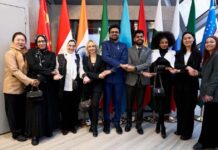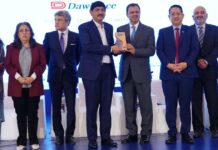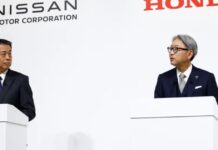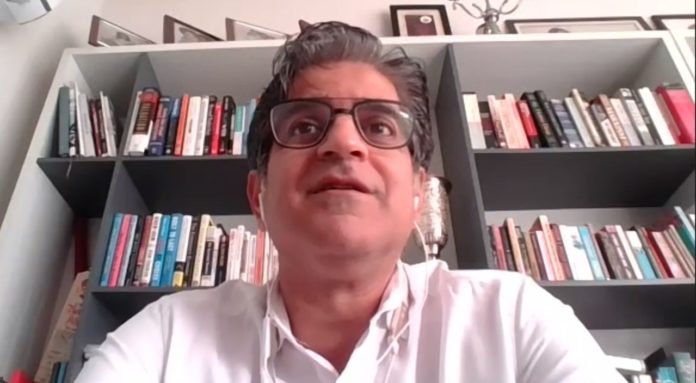Aamir discussed the need to start viewing the matter of low internet accessibility in the country as a digital emergency. “Half of Pakistan is currently offline including 15% population living without any telecom coverage. This gives root to a massive digital divide.”
“If we do not act immediately and decisively, Pakistan will be left behind in the race towards global relevance. We need to provide consumers with the right balance of data and the services they need beyond simple connectivity, only then will we start reaping the economic benefits of the internet.”
These views were shared by Aamir at the ‘Internet for All’ webinar hosted by the Pakistan Institute of Development Economics, in which industry leaders discussed the challenges and solutions for the seamless provision of digital connectivity in Pakistan.
Discussing the obstacles faced by telecom providers, Aamir stated, “We have customers complaining about internet unavailability or poor service, and the reasons for that lie in the limited resources that have been made available to us.”
“The revenue-maximizing approach that the government takes leads to mobile operators dealing with sky-high spectrum prices, unreasonable taxation, and duties on essential equipment. We are left with little choice but to overspend in these areas and we fail to invest in our goals of providing customers with better quality internet, higher speeds, and coverage,” he added.
Citing the example of the local automobile industry’s inability to innovate, Dr. Nadeem-ul-Haque, who was acting as the moderator for the discussions, raised concern over Pakistan’s sluggish evolution towards fifth-generation technology.
Aamir debated, “We need to press pause on the 5G dream while half of Pakistan’s population is still offline, and we are still struggling with the technology we currently have. Instead of comparing our technological landscape with our neighbors, we need to prioritize policies that are relevant to our country. We can leapfrog towards 5G if we are deliberate in our intent to sunset older technologies like 2G. However, we can’t dream about next-generation technologies when almost half of the cellular subscribers use 2G-only phones.”
He added that both the industry and policymakers need to bring special attention towards those users who were connected to cellular networks but not using the internet, to be able to make a substantial transition towards a smart society envisioned under the ‘Digital Pakistan’ initiative.
He suggested that the government should cut the cord on both the import and local production of 2G phones to expedite Pakistan’s digital journey and prioritize local assembly of 4G-enabled quality handsets which will help boost digital adoption and unlock tremendous socio-economic opportunities for the masses.
When asked regarding the possibility of Elon Musk’s satellite network providing low-cost internet to remote locations entering the competitive landscape in Pakistan, Aamir Ibrahim, CEO Jazz, responded, “Projects like Starlink are game-changers and I admire people like Elon Musk who think differently and are not afraid to challenge every aspect of our knowledge. Maybe Starlink coming to Pakistan will cause some disruptions, but it will also give us the opportunity to watch, learn and grow with the competition.”










































